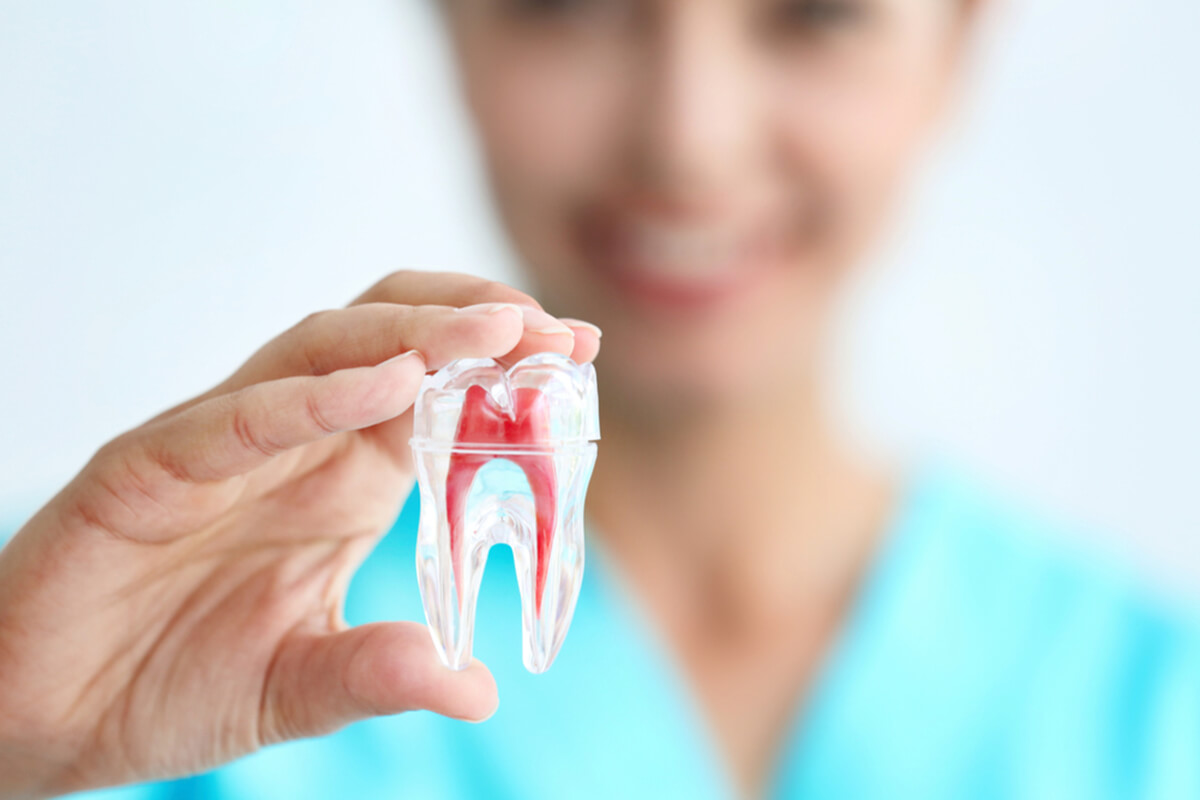Nervous about getting a root canal? Read on to alleviate some of your concerns!
1. Root Canals are Extremely Painful
Although root canal operations have been known for being painful, modern dentistry has made them far more manageable than they ever were. Even though some discomfort or sensitivity is to be expected both before and after the surgery, it is usually controllable with local anesthetic and over-the-counter painkillers.
Any worries you have regarding discomfort should be discussed with a dentist near you so they can take the necessary precautions to keep you comfortable.
2. Dental Crowns Increase the Need for an Endodontic Treatment
While endodontic therapy may occasionally be required as a result of dental crowns, this is not usually the case. The main purpose of dental crowns is to preserve and heal broken teeth.
In some cases, a tooth may need a crown to offer strength and protection after receiving endodontic therapy, such as a root canal. Not all teeth that receive crowns, meanwhile, will need endodontic therapy. The state of each tooth will determine if either procedure is required.
3. It Causes Illness
No scientific data exists to back up the claim that getting a root canal causes sickness. Treatment for diseased or decaying teeth via root canals is safe and efficient. The notion that having a root canal causes sickness is based on a debunked hypothesis.
The theory has been thoroughly disproven, and there is no solid evidence connecting root canals to systemic disease.
4. Root Canals Involve Root Removal
No roots are taken out during root canal therapy in Grand Prairie. The diseased or injured pulp inside the tooth is really treated during a root canal operation in order to save the tooth. A root canal involves carefully removing the diseased or inflamed pulp and cleaning, disinfecting, and filling the root canal system with a biocompatible substance.
This procedure helps in pain relief, infection eradication, and tooth structure preservation. The tooth’s roots, which are still there, provide it strength and support. A frequent and efficient dental procedure used to preserve teeth and improve oral health is root canal therapy.
5. Having a Root Canal is Not as Effective an Extraction
While extraction may be required in some circumstances, preserving the tooth with a root canal is preferred since it preserves function and aesthetics and prevents the need for further dental work.
6. You Can’t Have a Root Canal if You Are Pregnant
While getting a root canal while pregnant is usually safe, it’s still a good idea to let your dentist and obstetrician know. Together, they can make sure that the treatment is carried out safely for both you and the baby.
7. The Treatment is Too Expensive
Dental procedures, including root canals, can vary in price. Although root canal therapy near you may be expensive, it’s crucial to take into account the long-term advantages it provides in maintaining your natural tooth and preventing additional expensive surgeries.
8. It Leads to Increased Sensitivity
After a root canal procedure, heightened sensitivity is usual, although it normally only lasts a short while. The inflammation and repair of the surrounding tissues are what cause the sensitivity. However, as the wound heals, the sensitivity should lessen over time.
If necessary, your dentist may prescribe medication or suggest over-the-counter painkillers to treat the sensitivity that follows a root canal. Additionally, they could advise using desensitizing toothpaste and temporarily refraining from eating or drinking anything hot or cold.
It is crucial to let your dentist know if the sensitivity persists or worsens so they can assess the situation and make any required modifications to ensure your comfort and well-being.
Conclusion
Endodontic therapy is a useful surgery that can salvage a tooth that has been seriously decayed or diseased. You are able to protect your natural teeth, keep your mouth healthy, and keep from needing more complex surgeries. Although the therapy may cause some sensitivity or short-term discomfort, the long-term advantages outweigh the short-term drawbacks.
At Swanavon Dental Clinic, our dentist in Grand Prairie offers hassle-free root canal therapies for your pain. Our skilled and experienced dental staff understands your concerns and strives to make the entire process easier for you.
Get in touch with us now!


